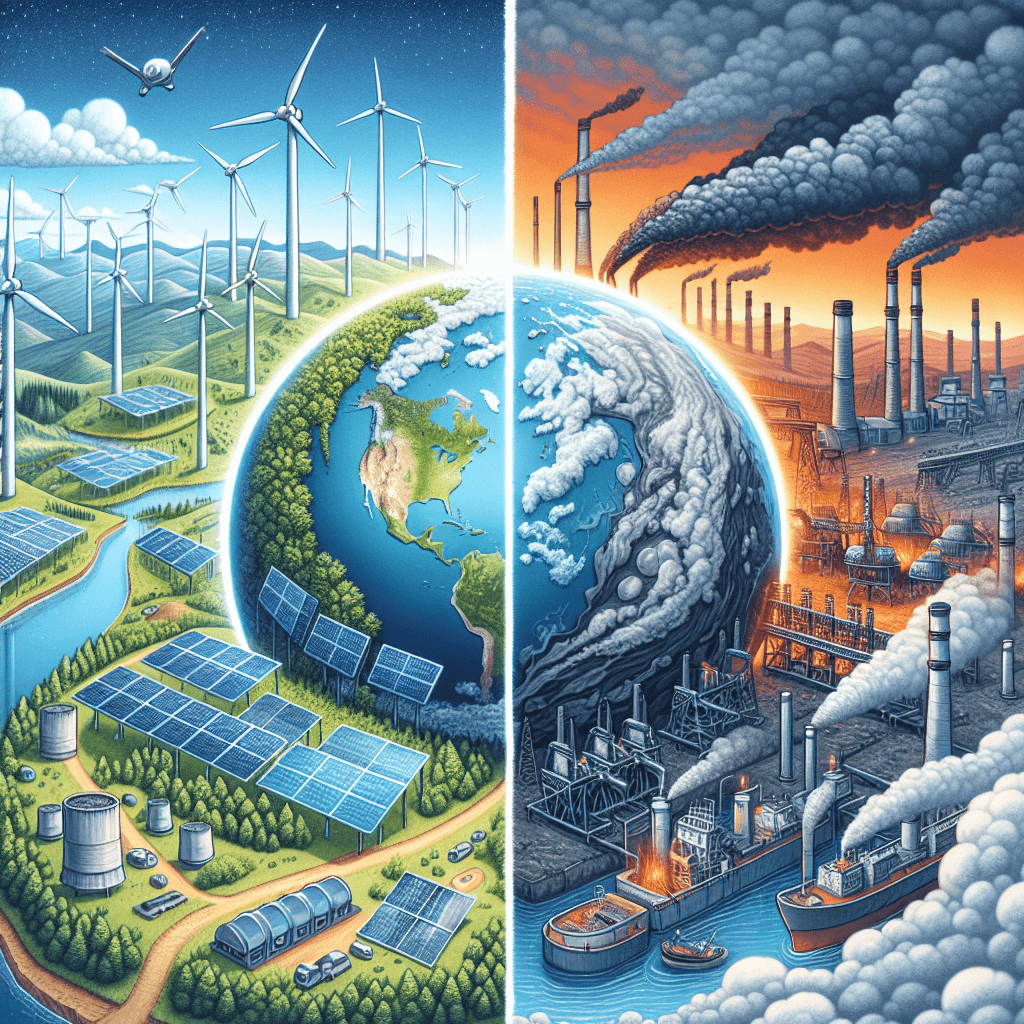Date:
30/11/2023
Listen to this article:
Key Points
2023 marked as the hottest year on record: Earth experienced a significant increase in global temperatures.
Consequences of rising temperatures: Severe weather events, including heatwaves, wildfires, and flooding, intensified worldwide.
The role of El Niño: This natural climate pattern contributed to the year's record warmth.
Urgent need for climate action: The situation underscores the critical need for global efforts to combat climate change.
2023: A Landmark Year in Climate History
The year 2023 has been identified as the warmest year on record, according to the World Meteorological Organization (WMO). This year, global warming reached approximately 1.4 degrees Celsius above preindustrial levels, surpassing the previous record-holder, 2016. The increase in temperature is a clear indicator of the accelerating pace of climate change, which continues to break long-standing climate records.
The Role of El Niño in 2023's Climate
Climate change, primarily driven by the burning of fossil fuels, combined with the natural El Niño climate pattern, pushed 2023 into record territory. El Niño, characterized by warmer than normal sea surface temperatures in the Pacific, significantly contributes to global warming. The effects of El Niño are expected to continue influencing global temperatures, with predictions that 2024 could see even higher temperatures.
Summer 2023: The Hottest on Record
NASA's Goddard Institute of Space Studies reported that the summer of 2023 was Earth's hottest since records began in 1880. This period saw temperatures 0.41 degrees Fahrenheit warmer than any previous summer, with notable heat waves in various regions, including South America, Europe, and the U.S. These extreme temperatures have had severe real-world consequences, exacerbating wildfires, flooding, and threatening lives globally.
Climate Change's Escalating Impact
The increasing temperatures are not just statistics; they reflect a broader pattern of escalating climate impacts. The WMO's report indicates the last eight years as the warmest on record. This continuous warming trend is directly linked to record levels of greenhouse gases, causing significant changes in our environment.
Humanitarian and Environmental Effects
2023's extreme weather events have had devastating impacts worldwide. Continuous drought in East Africa, record-breaking rainfall in Pakistan, and severe heatwaves in China and Europe have led to massive displacements, food insecurity, and billions in economic losses. The environmental toll is also evident in shifts in natural events, like earlier blossoming of cherry trees in Japan and altered migratory patterns of European birds, disrupting ecosystems and threatening biodiversity.
The Imperative of Climate Action
These alarming trends underscore the urgent need for global climate action. Investments in climate monitoring and renewable energy technologies are vital to mitigate the impacts of extreme weather. The current scenario demands immediate and concerted efforts to combat climate change and protect our planet for future generations.
About the author
Evalest's tech news is crafted by cutting-edge Artificial Intelligence (AI), meticulously fine-tuned and overseen by our elite tech team. Our summarized news articles stand out for their objectivity and simplicity, making complex tech developments accessible to everyone. With a commitment to accuracy and innovation, our AI captures the pulse of the tech world, delivering insights and updates daily. The expertise and dedication of the Evalest team ensure that the content is genuine, relevant, and forward-thinking.
Related news

Understanding Energy: Renewable vs Non-Renewable Sources
Explore the critical differences between renewable and non-renewable energy resources and learn about their impacts on our planet.

World's Largest Iceberg Breaks Free and Drifts Toward Southern Ocean
The world's largest iceberg, A23a, has broken free and is drifting rapidly towards the Southern Ocean, posing potential threats to wildlife and shipping routes.

New Method for Evaluating Impermanent Carbon Credits: Balancing Climate Action and Market Realities
Exploring a novel approach to evaluate impermanent carbon credits in forest projects, offering a potential solution to balance temporary carbon sequestration and long-term climate goals.